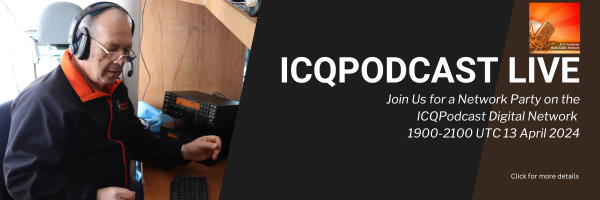In April 2017, Swarm applied for an Experimental license to deploy and operate two Earth stations and four tiny 0.25 U CubeSats called SpaceBEEs. The FCC denied Swarm’s application in December 2017 over concerns about the ability to track the satellites. Swarm nevertheless launched the satellites on January 12, 2018, on a vehicle that also carried an Amateur Radio satellite into space. After reports of the unauthorized SpaceBEEs launch surfaced, the FCC launched an investigation last March.
The FCC determined that Swarm had launched the four SpaceBEEs from India and had unlawfully transmitted signals between Earth stations in Georgia and the satellites for more than a week. In addition, the FCC discovered that Swarm had also performed unauthorized weather balloon-to-ground station tests and other unauthorized equipment tests prior to the launch. All these activities required FCC authorization.
The December resolution requires Swarm to pay a penalty $900,000 to the US Treasury and to submit pre-launch reports to the FCC for the next 3 years. The FCC said Swarm has committed to a strict compliance plan to prevent future FCC rule violations.
The FCC issued an Enforcement Advisory last April to remind satellite operators that they must obtain FCC authorization for space station and Earth station operations. The advisory cautioned satellite operators and launch companies against proceeding with launch arrangements following a license denial or prior to receiving an FCC authorization.





